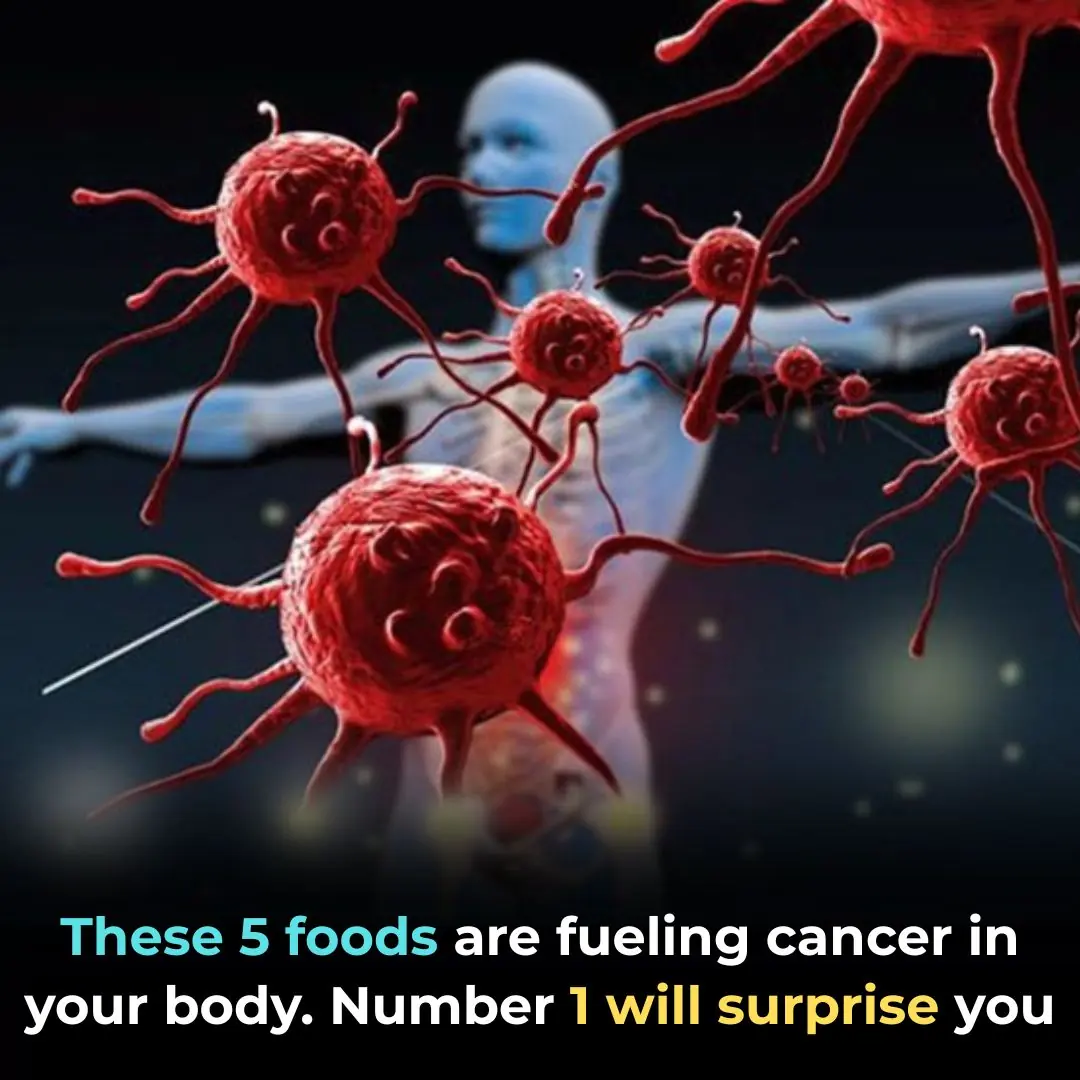
4 Reasons Why Cardiac Arrests Happen in The Bathroom

On average, most people spend around 30 minutes a day in the bathroom — a perfectly reasonable amount of time for personal hygiene and relaxation. However, what many don’t realize is that this short daily ritual is also one of the most common settings for sudden cardiac events, such as heart attacks and cardiac arrests. The number of incidents occurring in bathrooms is surprisingly high compared to other areas of the home.
The most crucial aspect of heart-related emergencies is their time sensitivity. If treatment is administered within the first few minutes, cardiac arrest can often be reversed, and lives can be saved. But because bathrooms are private spaces, the chances of immediate detection and resuscitation are extremely low. As one medical expert notes, the frequency of collapse in bathrooms is around 8 percent, while the probability of successful revival is a mere 13 percent — a grim reminder of how dangerous these situations can be.
What Exactly Is Cardiac Arrest?
People often use the terms cardiac arrest, heart attack, and heart failure interchangeably, but these are distinct medical conditions, each with its own causes and consequences.
-
Cardiac arrest occurs when the heart suddenly stops beating. When this happens, blood flow to vital organs, including the brain, ceases immediately. Without oxygen-rich blood, a person can lose consciousness and die within minutes unless CPR or defibrillation is started right away.
-
A heart attack happens when blood flow to a portion of the heart muscle is blocked — usually due to a clot in one of the coronary arteries. The affected area of the heart becomes deprived of oxygen, leading to tissue damage or death.
-
Heart failure, meanwhile, is a long-term condition in which the heart becomes too weak or stiff to pump blood efficiently. Over time, this can cause fatigue, swelling, and shortness of breath, and it increases the risk of both cardiac arrest and heart attack.
Understanding these differences is essential for recognizing symptoms early and taking preventive action.
Why Are Bathrooms a Common Setting for Cardiac Arrests?
Cardiac arrests are more likely to occur during bathing, showering, or using the toilet because these activities place unique physical stresses on the body — especially for older adults or those with existing cardiovascular conditions.
1. Constipation: A Hidden Threat to the Heart
Chronic constipation isn’t just uncomfortable; it’s a significant risk factor for cardiovascular events such as heart attacks, strokes, and sudden cardiac deaths. When people strain to pass stool, they often perform what’s called the Valsalva maneuver, which involves holding one’s breath and pushing down.
This increases pressure in the chest and abdomen, reducing blood flow back to the heart. The heart then has to work harder under reduced oxygen conditions, which can cause the heart rate to slow dramatically or even stop temporarily. For those with weak heart function, this strain can trigger fainting, cardiac arrest, or stroke.
The danger doesn’t end there. When a person faints and then suddenly relaxes, blood pressure can surge abruptly, increasing the risk of ruptured arteries in the brain — a potentially fatal stroke. To minimize these risks, doctors recommend maintaining good hydration, eating a fiber-rich diet, and avoiding excessive straining during bowel movements.
2. Temperature Shock: Too Hot or Too Cold
Taking a shower that’s too cold (below 70°F / 21°C) or too hot (above 112°F / 44°C) can quickly affect blood pressure and heart rate. Extreme temperatures cause blood vessels to constrict or dilate rapidly, putting stress on the heart and circulatory system.
A very hot bath, while relaxing, may suddenly lower blood pressure or cause the heart to beat irregularly — especially in people with hypertension or coronary artery disease. Likewise, plunging into icy-cold water can trigger a rapid spike in heart rate and blood pressure, which can also provoke a cardiac event.
To stay safe, always check the water temperature before bathing, and avoid hot baths after taking sleeping pills, alcohol, or relaxant medications, as these can dull your body’s ability to respond to changes in blood flow and temperature.
3. Medication Errors in the Bathroom
It’s common to store medications in the bathroom cabinet, but this habit can lead to dangerous mistakes. Humidity can alter the potency of certain drugs, and in the rush of a morning routine, it’s easy to take the wrong dosage. Some medications — particularly those affecting blood pressure or heart rhythm — can cause sudden cardiac arrest if misused. To prevent this, keep medicines in a cool, dry place and double-check all labels and doses.
4. Slips and Falls: A Silent but Serious Risk
Bathrooms are among the most accident-prone areas in any home. Smooth, wet surfaces and sharp edges make them hazardous, especially for older adults or anyone with balance issues. A simple fall can lead to head trauma, fainting, or brain bleeding (subdural hemorrhage).
Even though fainting itself doesn’t directly cause cardiac arrest, it can still be fatal if the person remains unconscious and unattended. To reduce risks, use non-slip mats with suction cups, install grab bars, and consider setting up a check-in system — for instance, having a family member call if you spend an unusually long time in the bathroom.
Final Thoughts
The bathroom is often seen as a place of privacy and comfort, yet it can become unexpectedly dangerous — especially for those with underlying heart conditions. By being aware of how temperature, medication, constipation, and physical strain can affect the heart, you can take steps to reduce the risk of a serious event.
A few small adjustments — such as maintaining a healthy diet, checking water temperature, organizing your medications, and improving bathroom safety — can go a long way toward protecting your heart and your life.
News in the same category

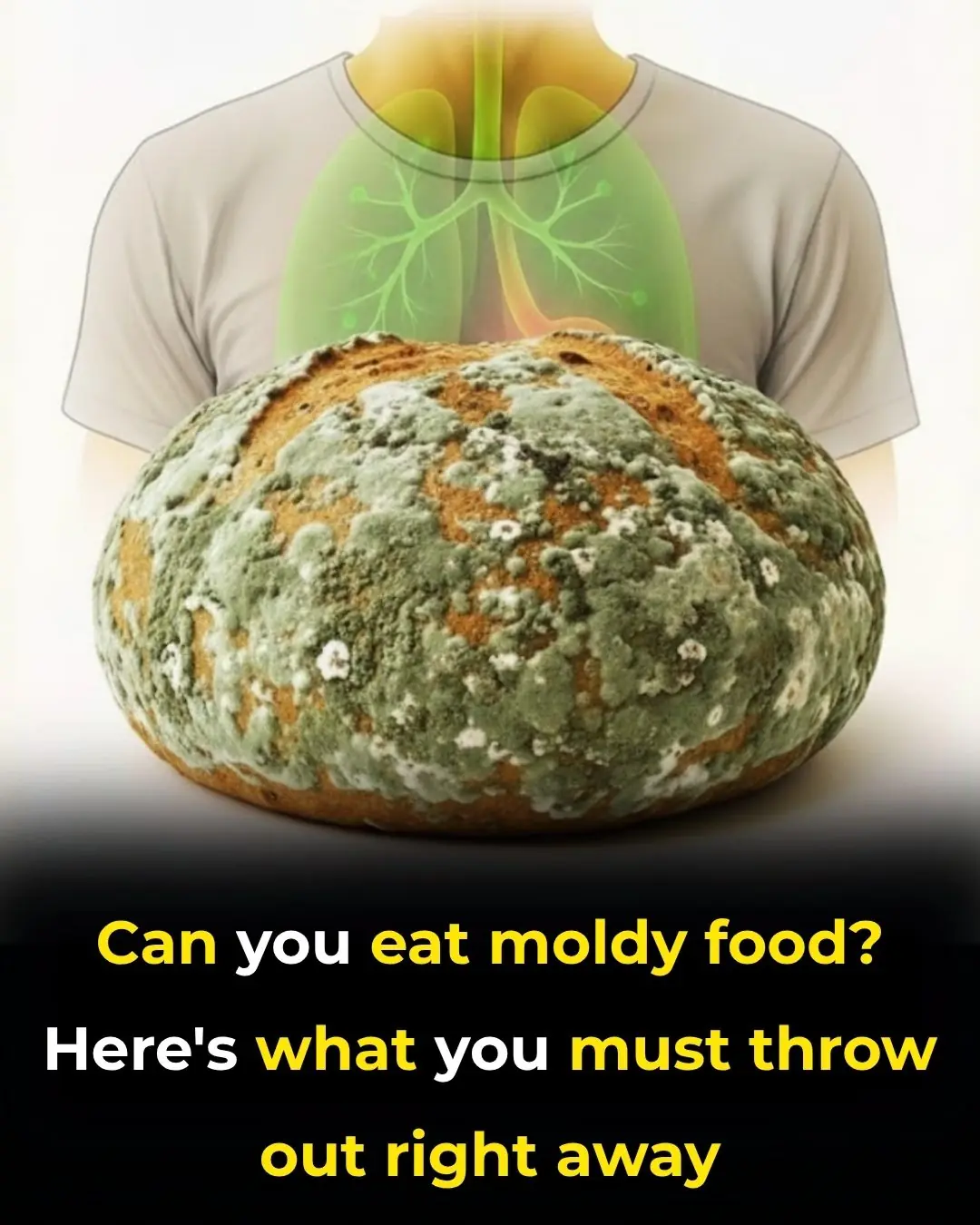
Can you eat moldy food? Here’s what you MUST throw out.
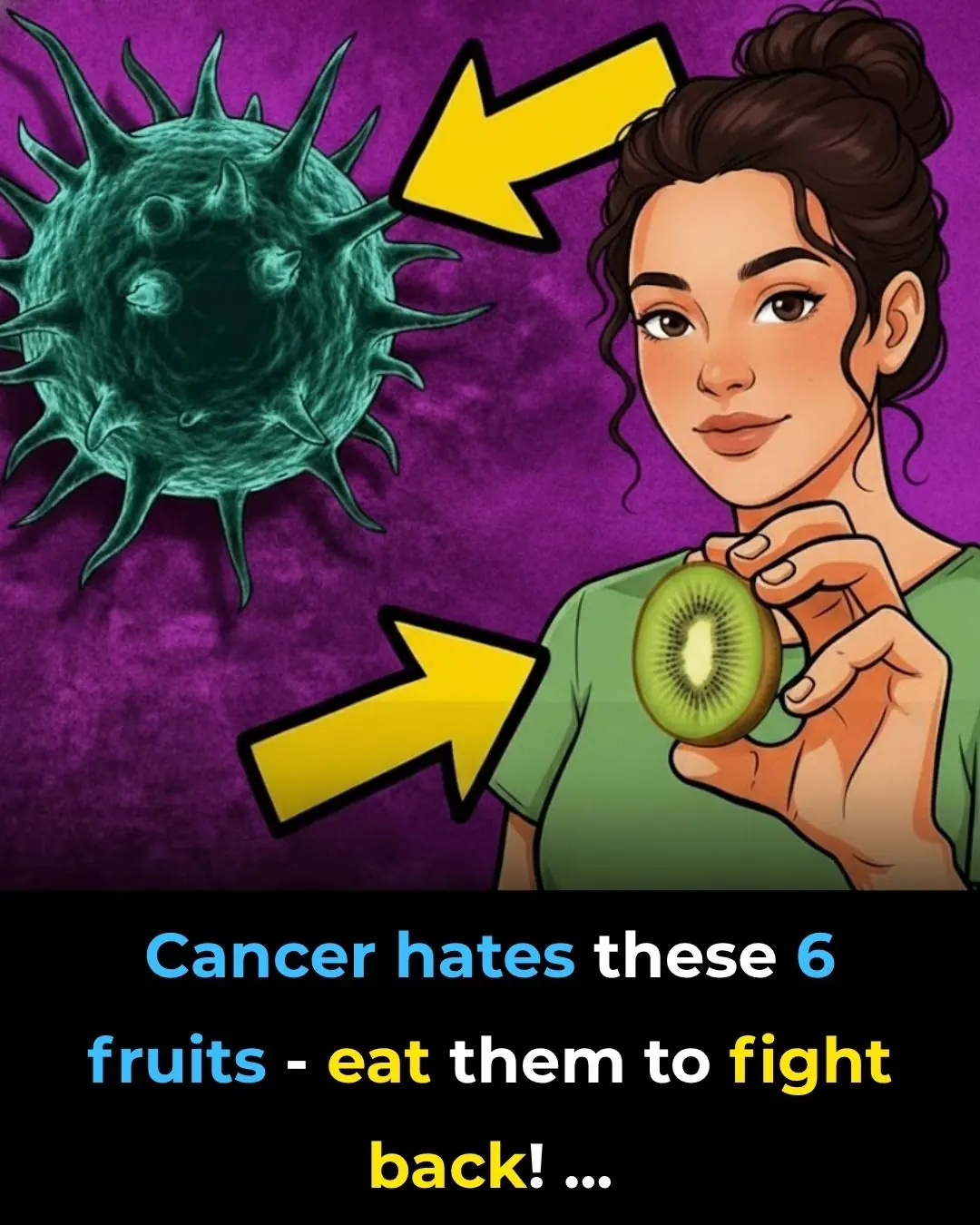
Cancer hates these 6 fruits—eat them to fight back!
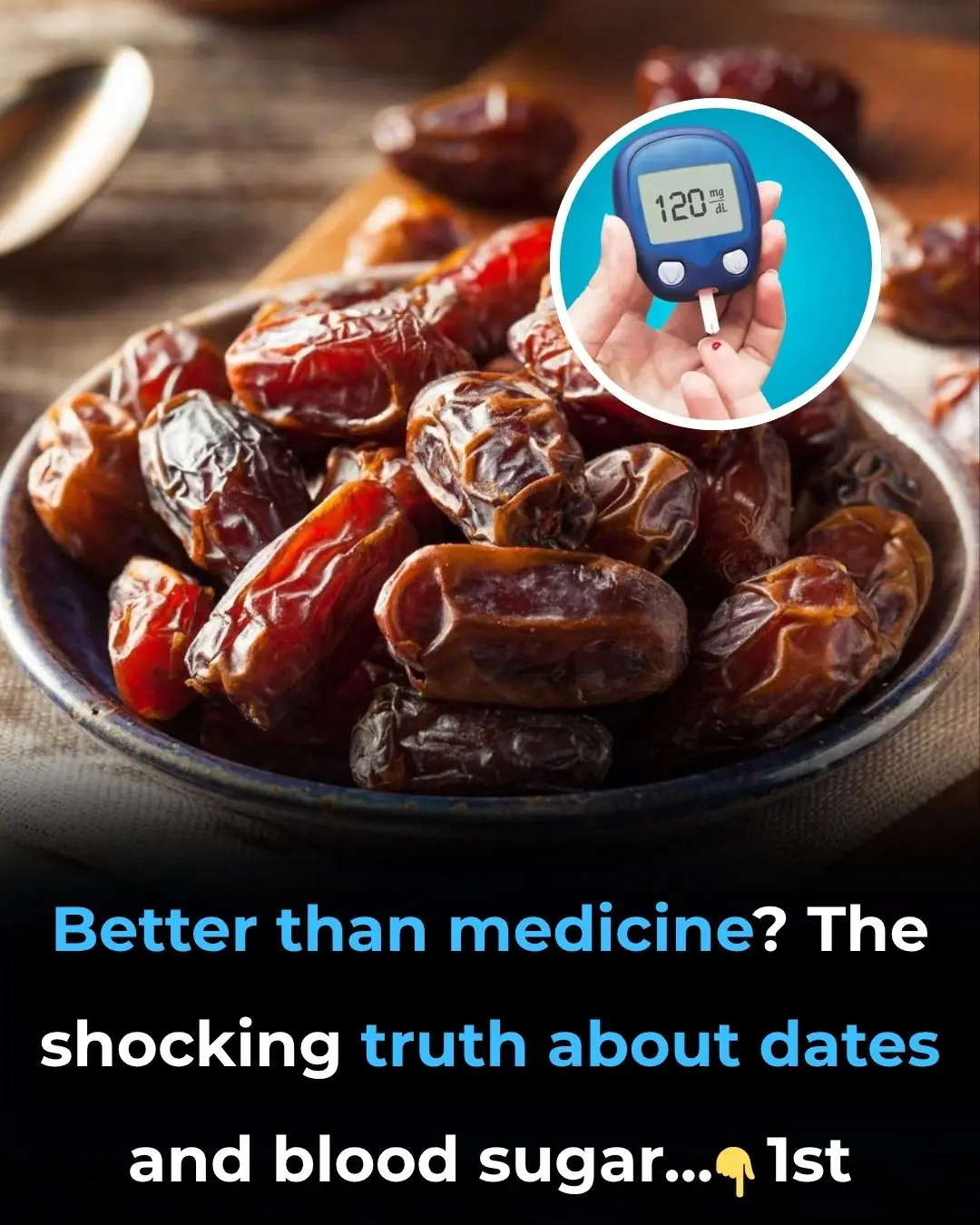
Better Than Medicine? The Shocking Truth About Dates & Blood Sugar!

4 Unusual Eye Symptoms That May Signal Cancer — Often Overlooked by Many
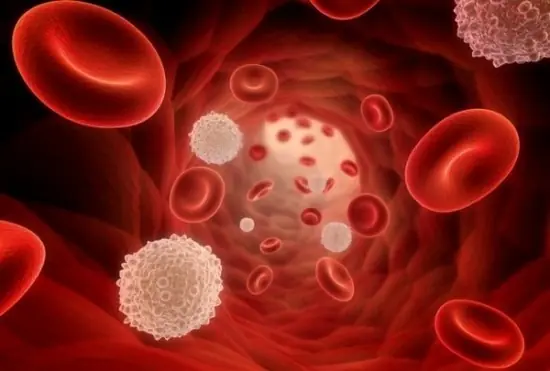
5 Things You Should Never Do in the Morning If You Want to Stay Healthy and Prevent Cancer
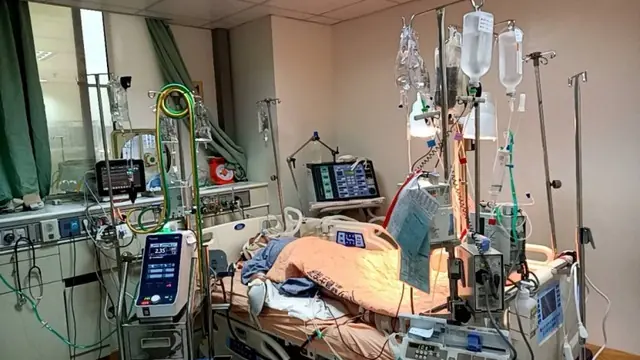
Restaurant Owner Di.es at 42 from Liver Failure: Doctor Says It Was Caused by Ignoring One Thing for Years

A 42-Year-Old Man D.ied of a Stroke Despite Not Sm.oking or Drin.king — The Doctor Was Furious and Said: How Dare You Eat This Every Day
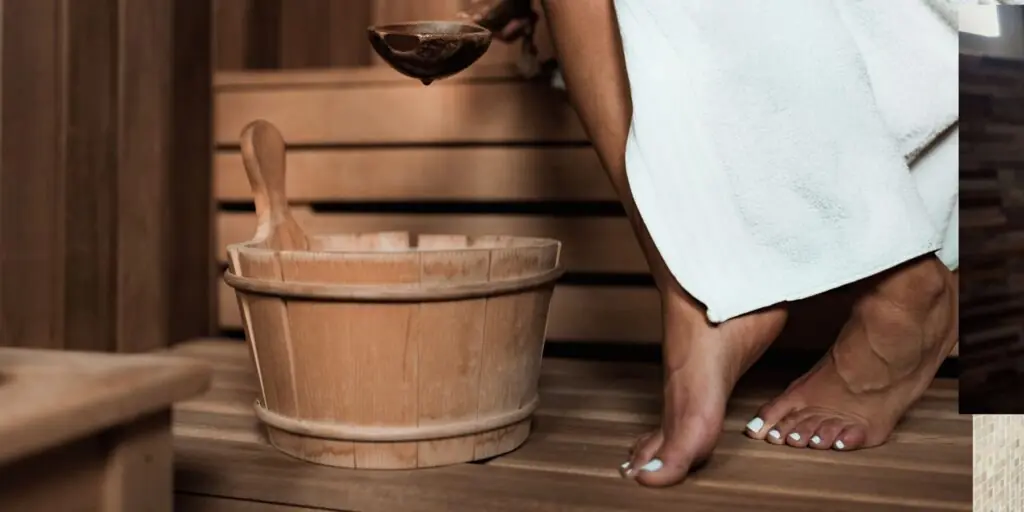
This Old-Time Secret Flushes Out Toxins, Soothes Joints, and Improves Circulation

DIY Turmeric Shots That Fight Inflammation, Flush Parasites, and Leave Your Gut Feeling Brand New
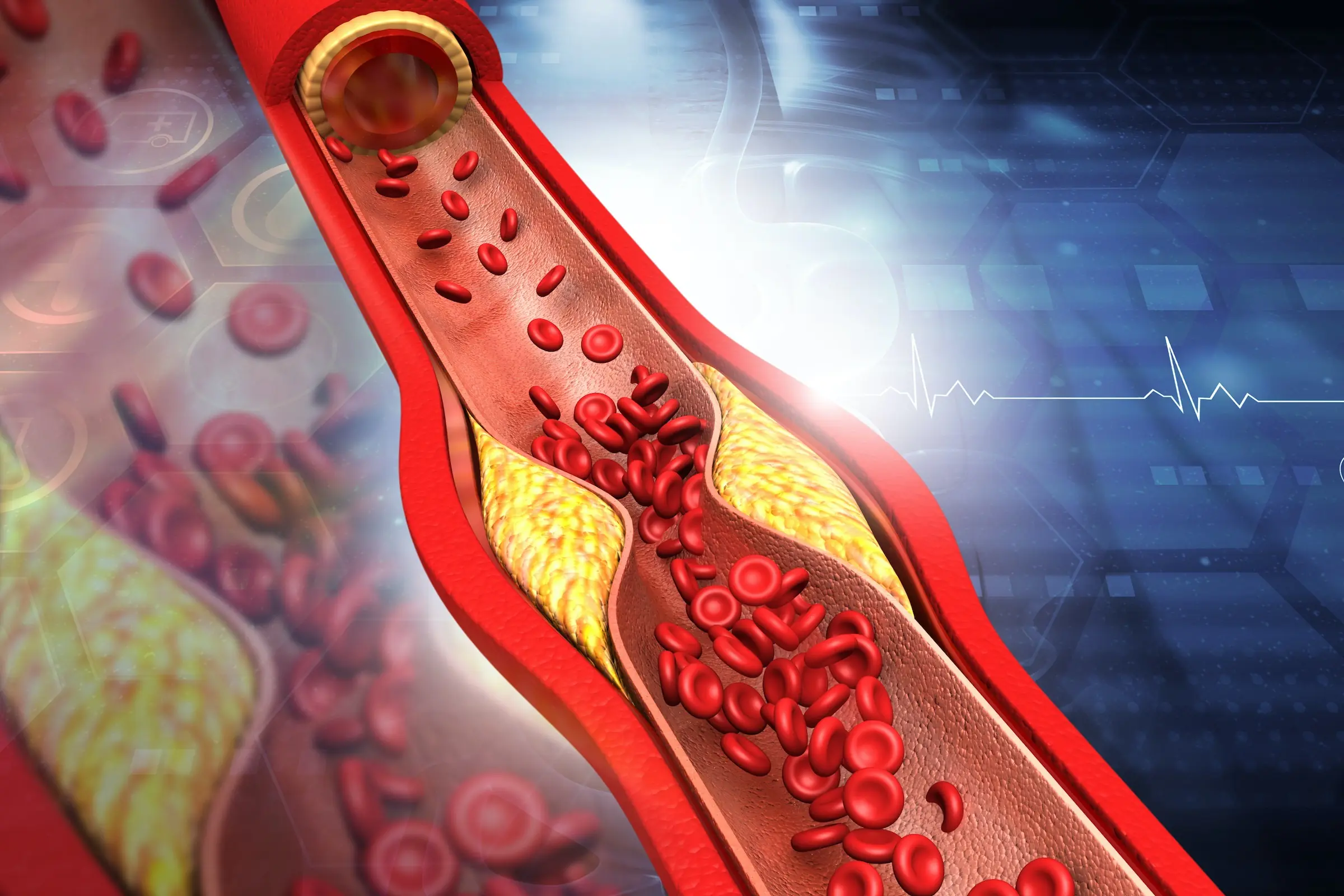
I Refused Cholesterol Meds and Tried This Instead — The Results Surprised Me
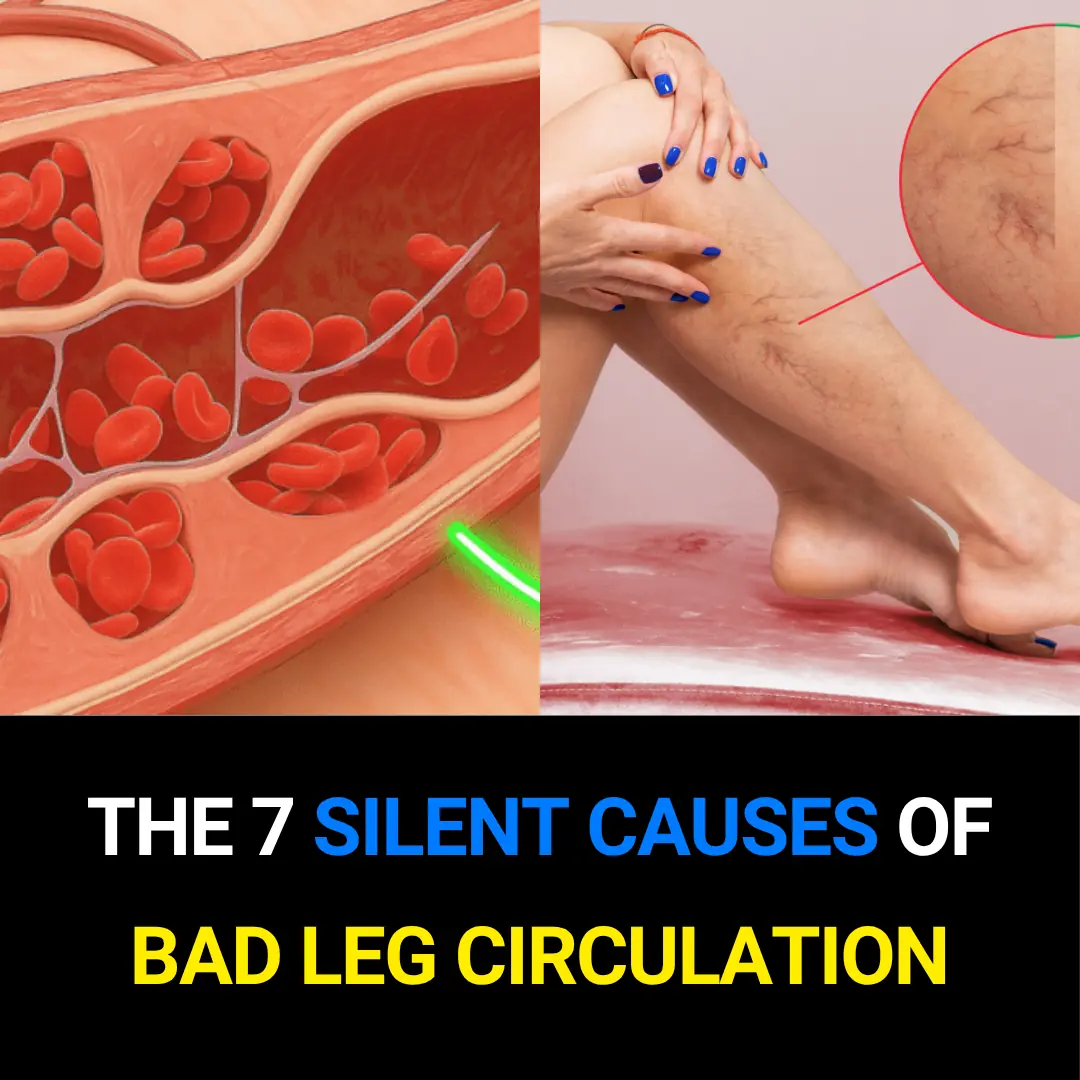
7 Medical Causes of Impaired Leg Circulation You Might Be Missing

New Study Shows Vitamin D Suppresses Key Cancer-Driving Protein

Take Lemon and Garlic on an Empty Stomach for 7 Days — Unclog Your Arteries Naturally
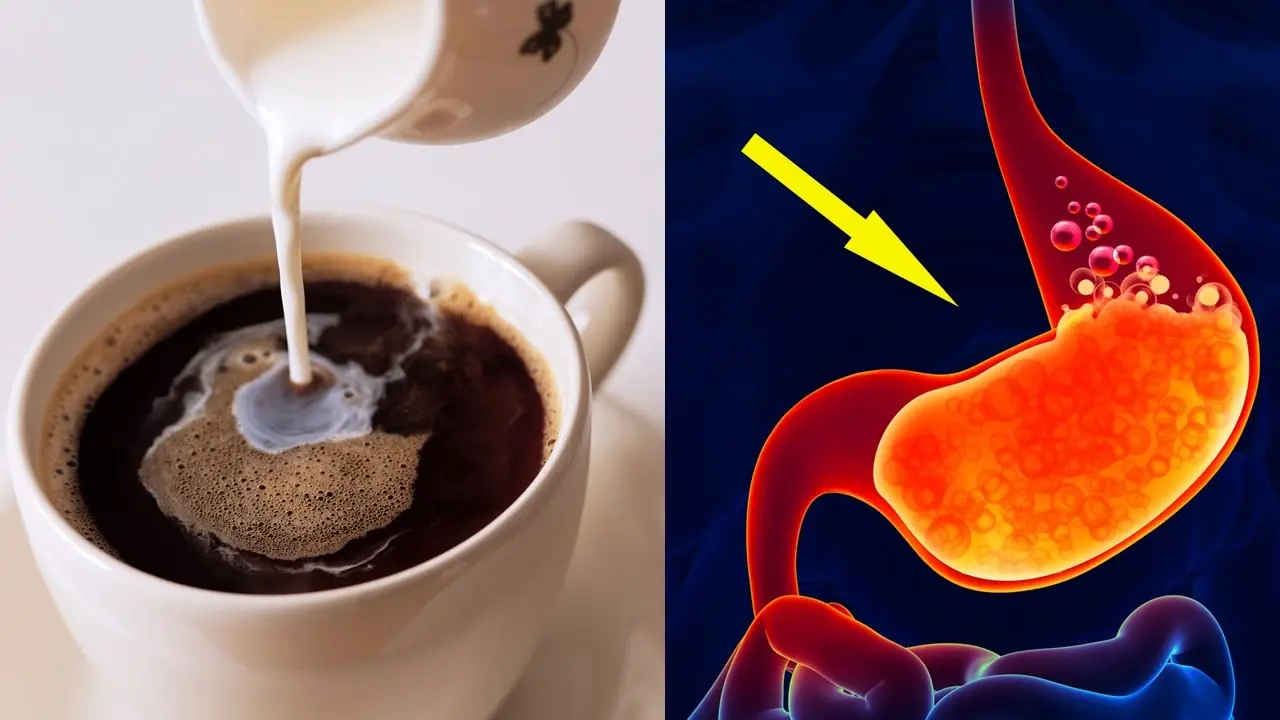
What Really Happens When You Drink Coffee on an Empty Stomach
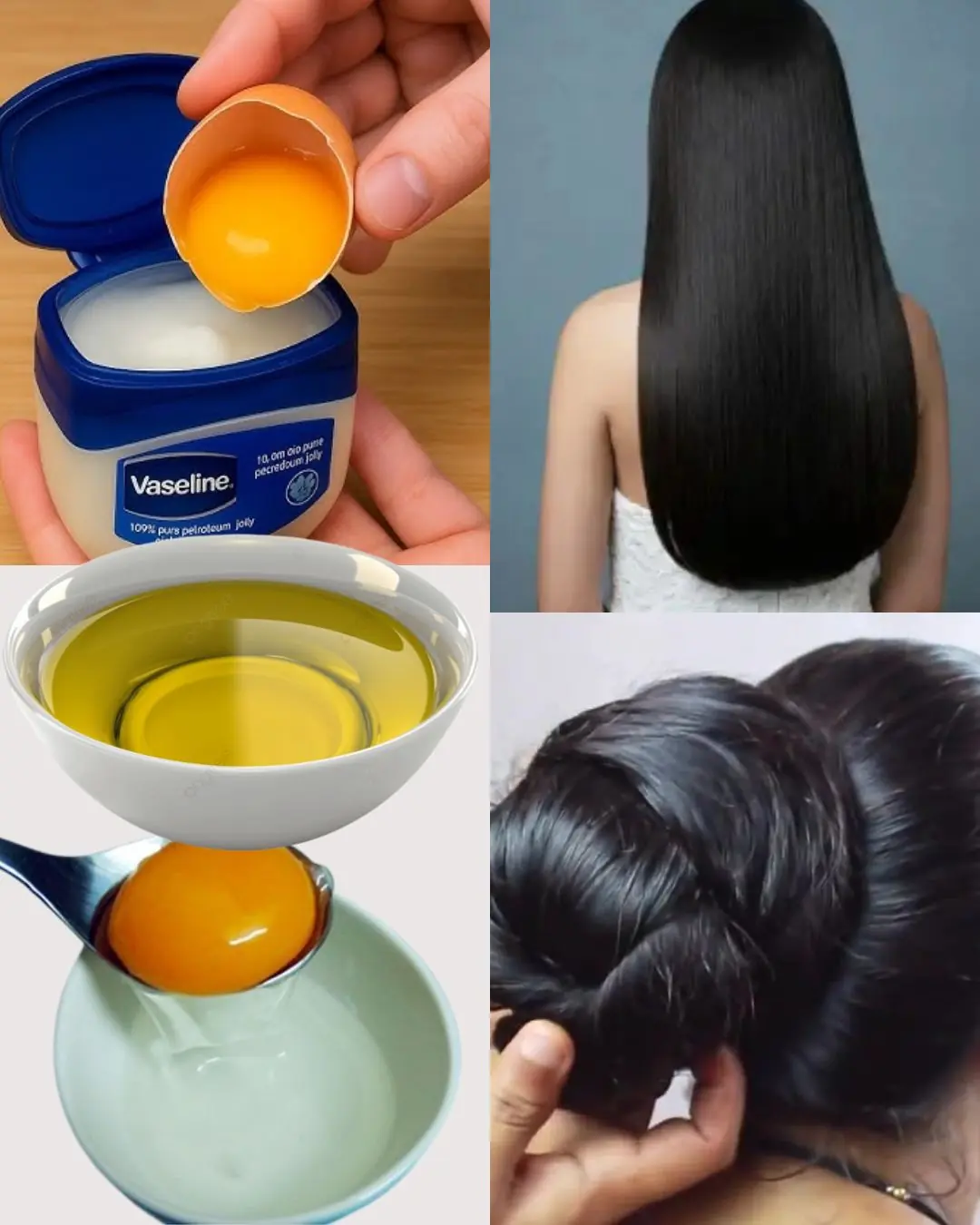
DIY Egg & Vaseline Hair Mask for Extreme Shine and Smoothness 🥚🌟
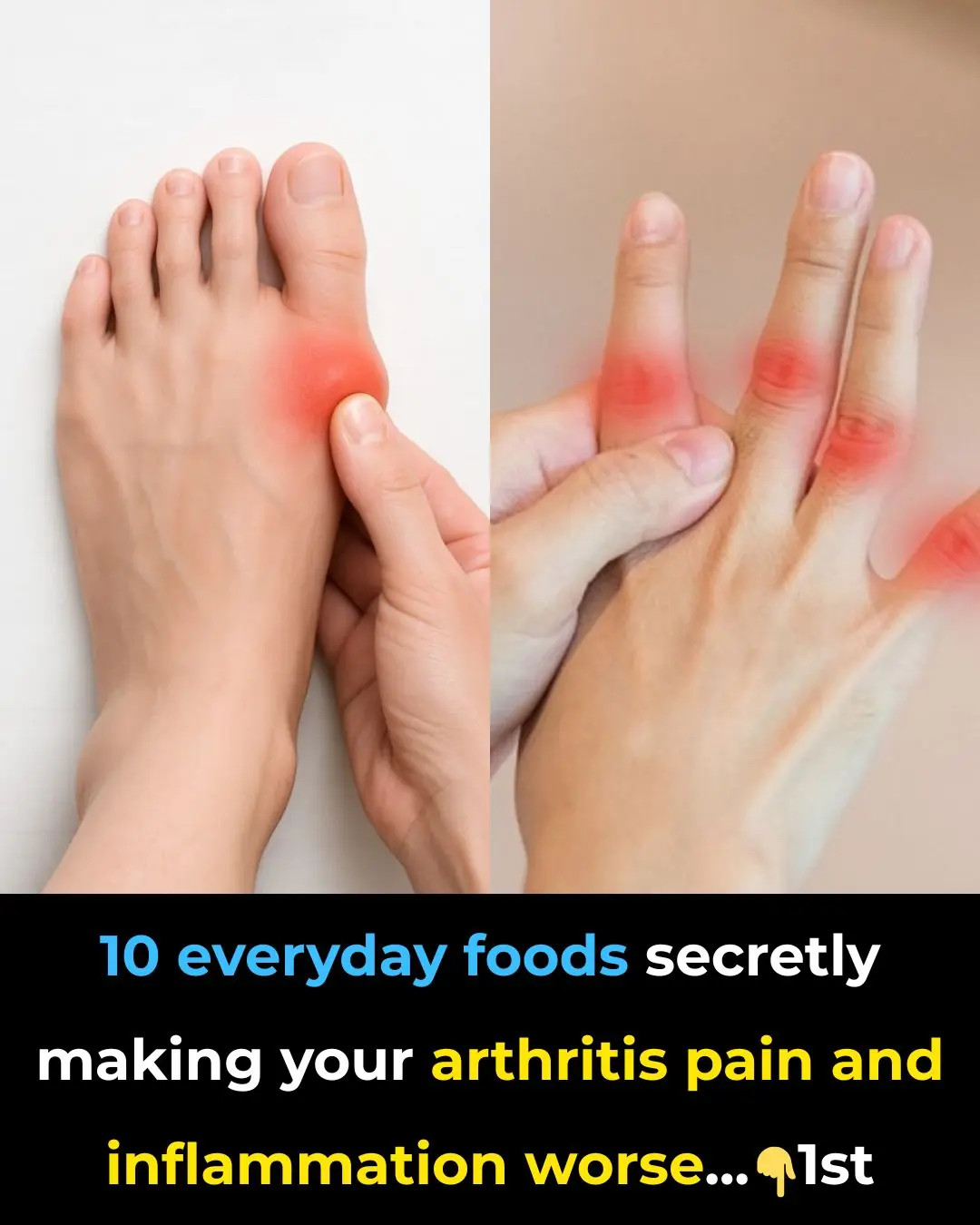
Arthritis warning: 10 everyday foods making your pain and inflammation worse
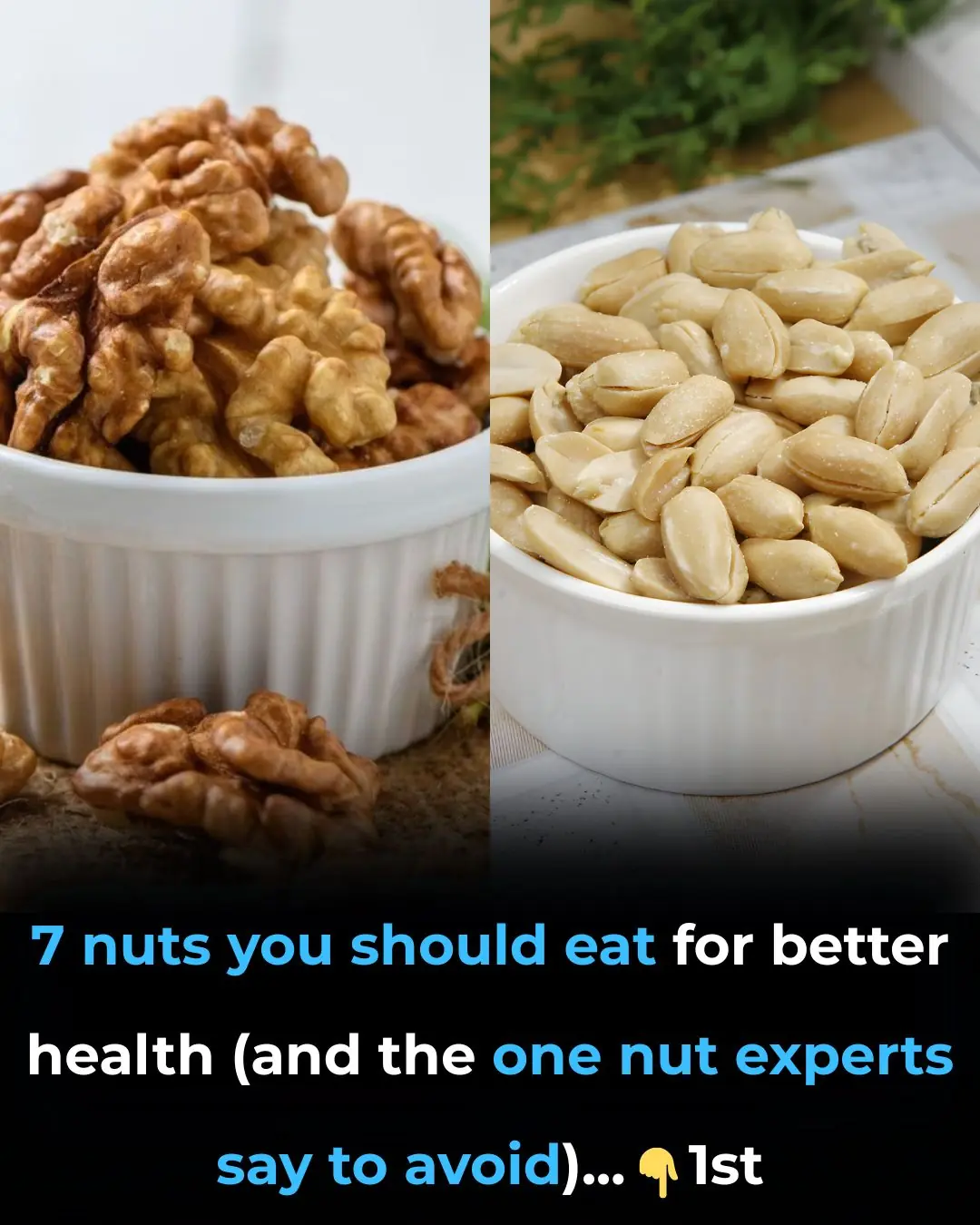
7 nuts you must eat for better health (and the #1 nut you should NEVER touch)
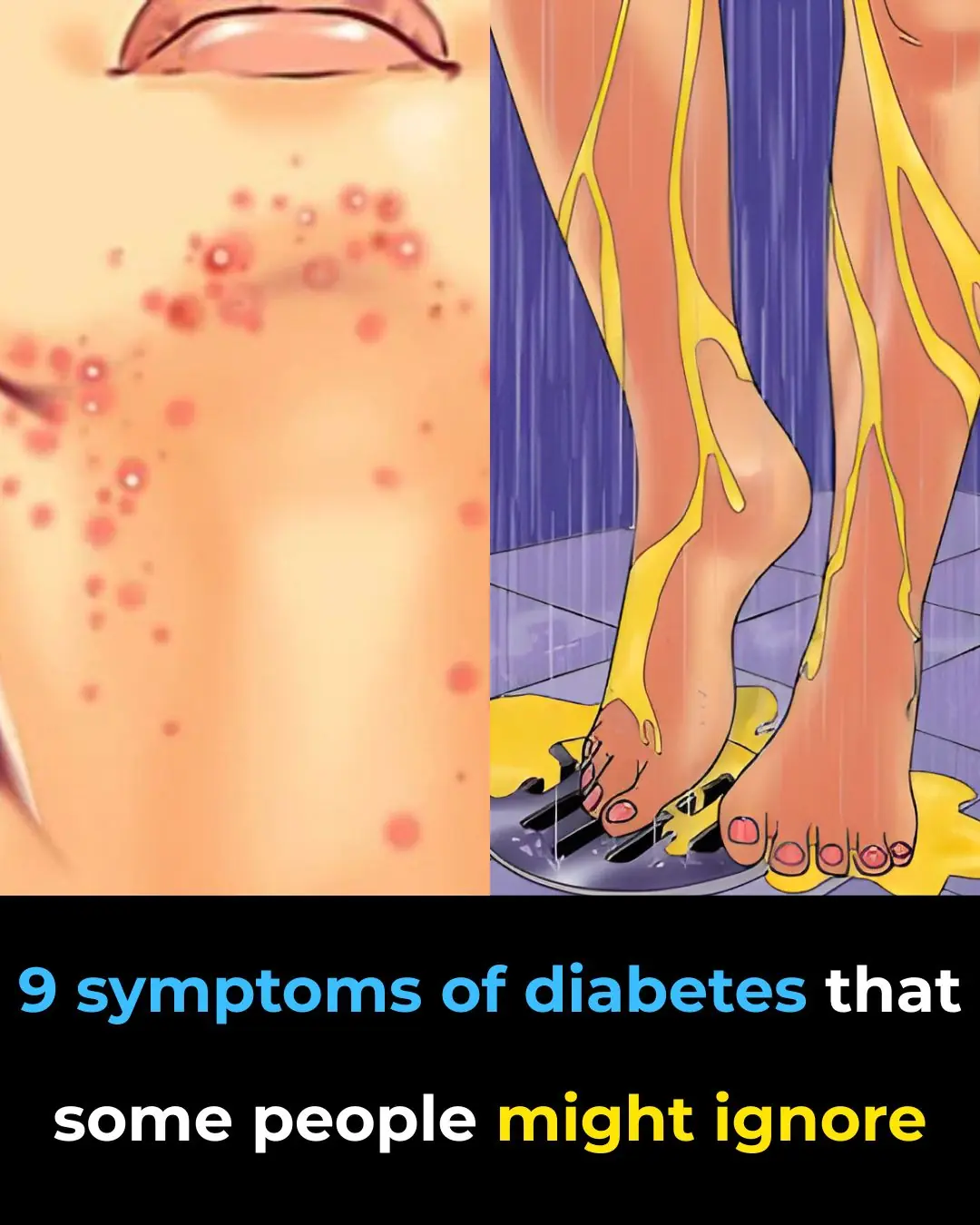
9 Warning Signs of Diabetes You Shouldn’t Ignore
News Post

Why Hot Dogs and Processed Meat Might Be the Most Dangerous Foods of All Time

Can you eat moldy food? Here’s what you MUST throw out.

Cancer hates these 6 fruits—eat them to fight back!

New Food Stamp Rules Start in November...
“Now this method is so clever! Wish I thought of it!”

Why Your Rosemary Keeps Dying — And The Easiest Hack To Save It

What My Daughter Nearly Touched Was Incredibly Dangerous

Better Than Medicine? The Shocking Truth About Dates & Blood Sugar!
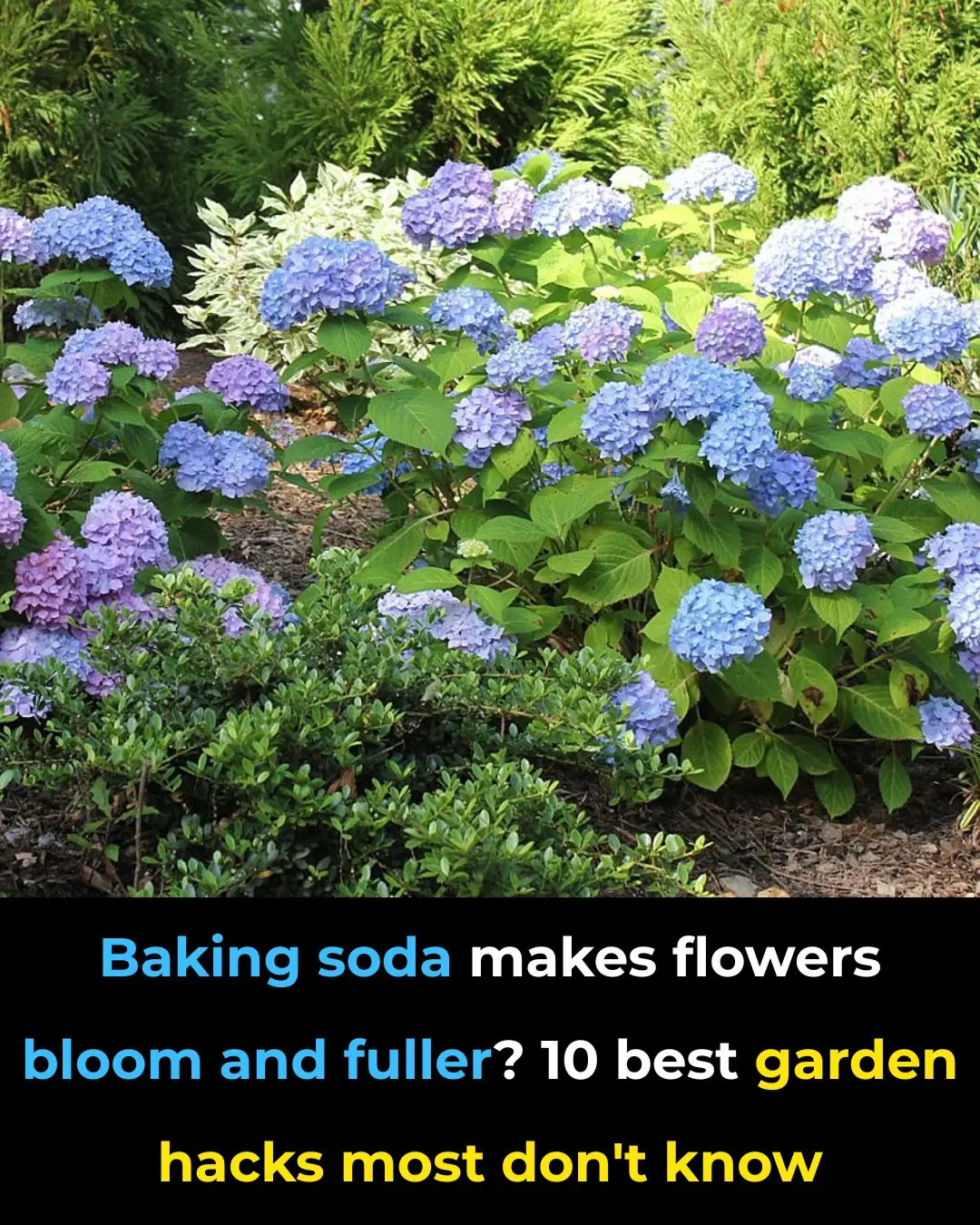
Baking Soda Makes Flowers Bloom and Fuller? 10 Best Garden Hacks Most Don’t Know

Quentin Tarantino’s foot fetish rumors are here again — thanks to Uma Thurman’s daughter

Singer Jelly Roll claims he was ‘treated like a criminal’ in Sydney Louis Vuitton store

Meghan Markle makes shocking return to acting 8 years after quitting Hollywood: report

4 Unusual Eye Symptoms That May Signal Cancer — Often Overlooked by Many

5 Things You Should Never Do in the Morning If You Want to Stay Healthy and Prevent Cancer
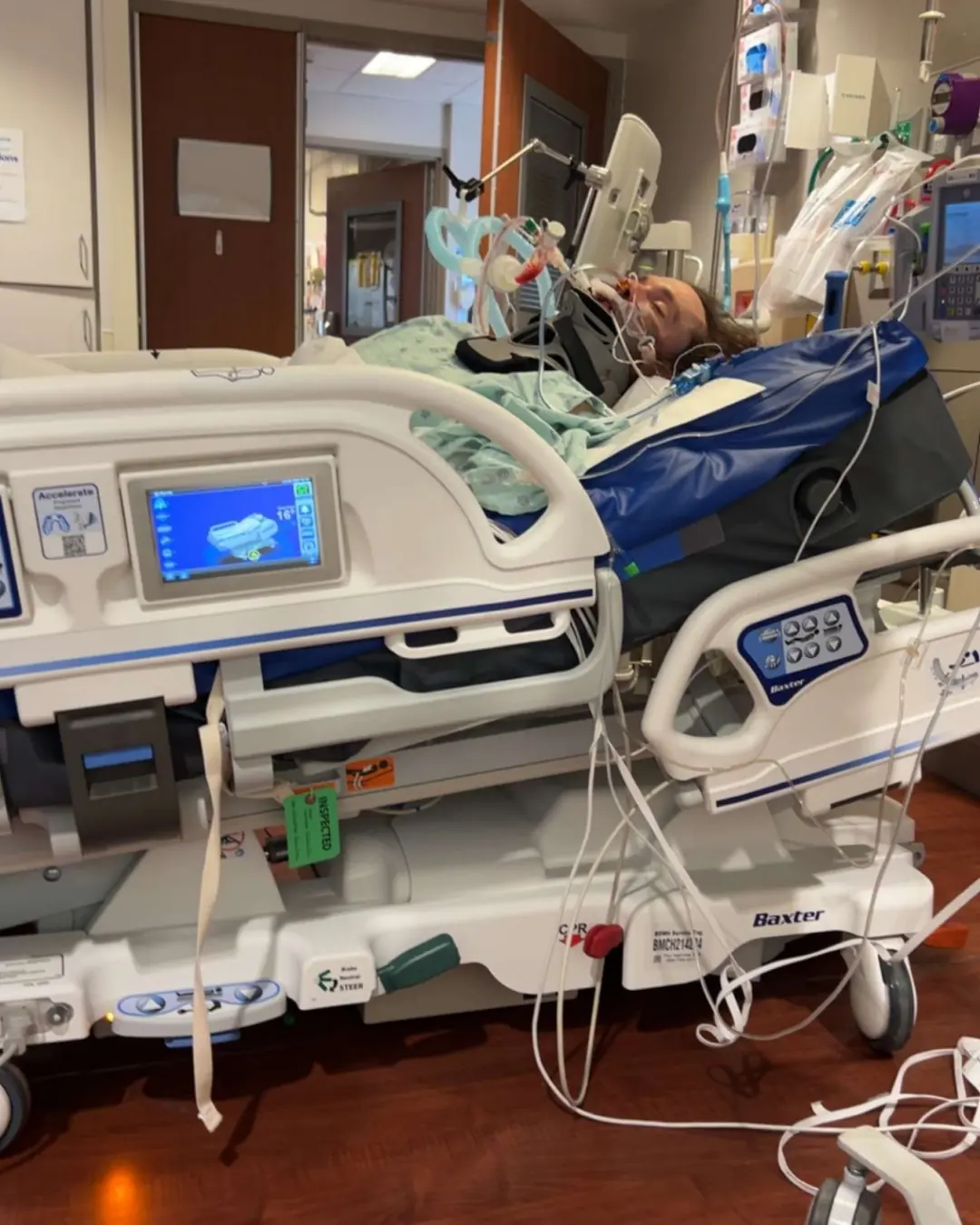
From Coma to Kisses: The Miracle Recovery of Bo Bostick
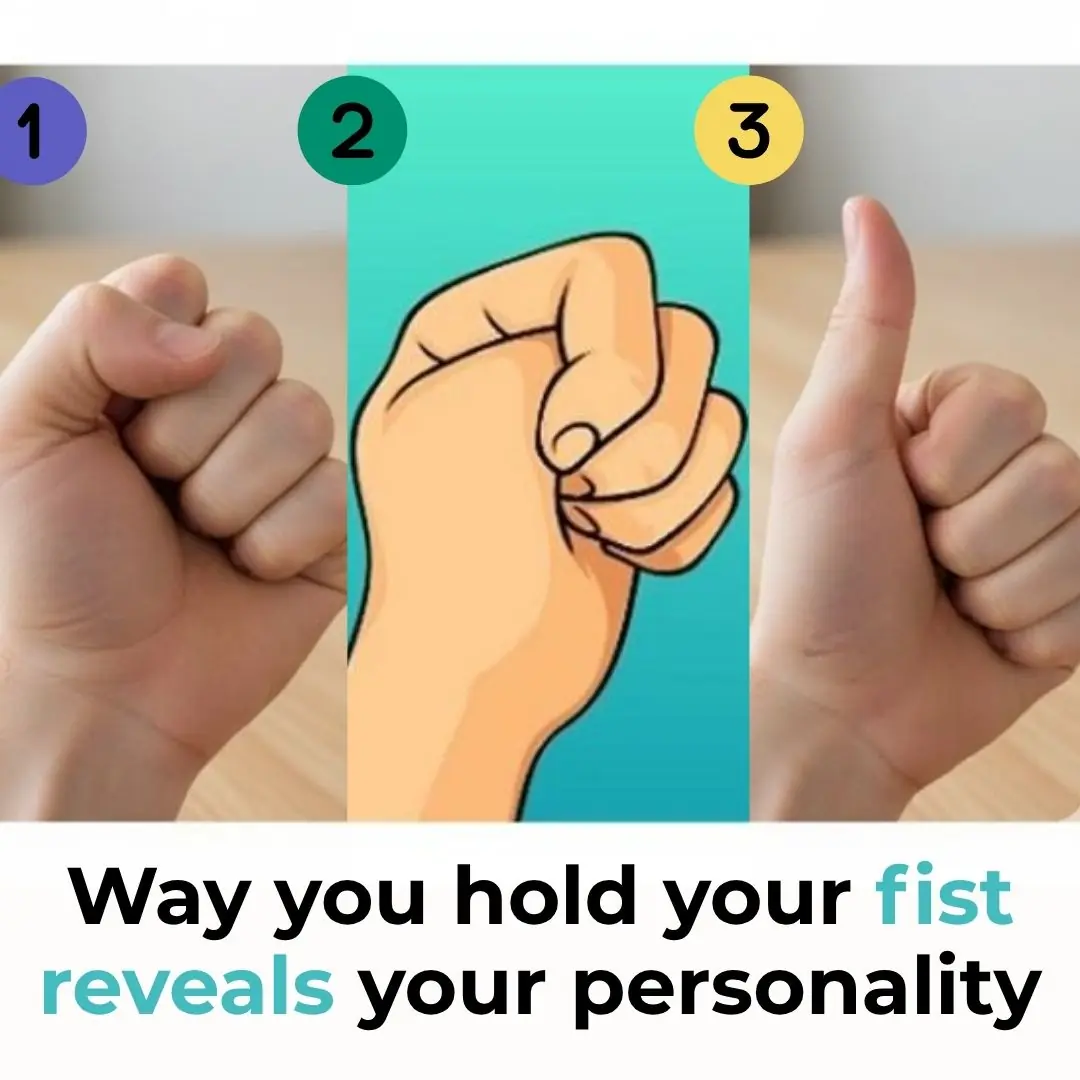
How You Make A Fist Shape Reveals a Lot

Louise Redknapp's health battles including 'worst condition doctors had seen'

Restaurant Owner Di.es at 42 from Liver Failure: Doctor Says It Was Caused by Ignoring One Thing for Years
